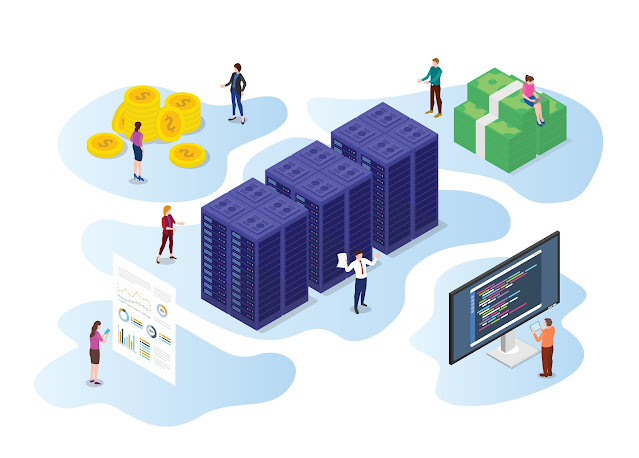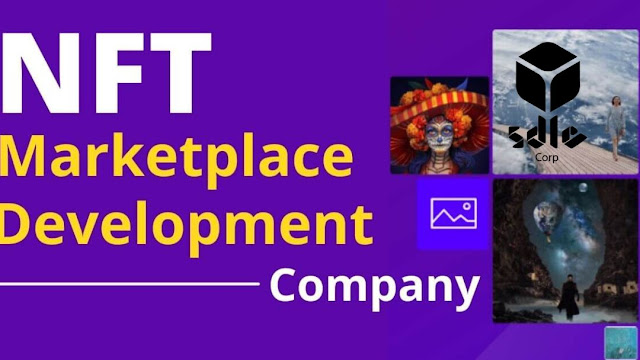Blockchain's Benefits in Supply Chain Management and Food Distribution:
Blockchain makes supply chains and business relationships stronger by building trust, making transaction information public, and making processes easier to use.
Surprises can be dealt with more quickly.

Blockchain could improve the safety, quality, and waste of the food supply chain. Food contamination could be found in seconds instead of days.
Blockchain Benefits the Banking and Finance Industries:
Blockchain stops damage and delays and makes global business, trade finance, clearing and settlement, consumer banking, and lending better.
Blockchain Can be Used in Healthcare:
Blockchain could make it easier for clinicians, payers, and researchers to share and work together on patient information and make healthcare data safer.
When patients know they can control their own access, they feel better.
Blockchain Helps Governments:
Governments can work smarter and develop quicker using blockchain.
Secure data exchange increases confidence and provides eternal traceability for compliance issues, contract management, identity management, and citizen services.
Blockchain in the Pharma Industry:
Every action that is taken with pharmaceuticals is documented.
The audit trail helps stop counterfeiting and finds recalled products in seconds.
Production Based on Blockchain.
Blockchain might impact manufacturing.
Blockchain technology might enable a new manufacturing business model by making the whole supply chain transparent, from purchasing materials to operating the shop floor to monitoring and fixing machinery.
Distributed ledgers and block-based transactions may increase supply chain efficiency.
Manufacturers can improve delivery times, product quality, and sales by improving orders from suppliers, the quality of their products, and how easy it is to track them down.
Here are Five of the most Important Advantages of Blockchain in Manufacturing Industry:

1. Security
Blockchain technology has the potential to revolutionise privacy. Blockchain eliminates fraud.
Blockchain could hide identities and limit who can see what data. A network of servers is safer than just one.
2. Transparency
Every company needs a database. The distributed ledger monitors network transactions and data.
Everyone may access the same facts. timestamp every communication. Observing transactions reduces fraud.
3. Traceability
A blockchain asset's history is recorded. This helps with human rights, counterfeiting, and fraud.
Blockchain provides data-related information. Traceability data may show supply chain issues, including delayed products.
4. Swiftly and Effectively
Paper-based processes are time-consuming, messy, and need a middleman. blockchain speeds up transactions.
Blockchain might replace paperwork and transactions. More ledgers speed clearing and settling.
5. Automation
Smart contracts might speed up business. A trigger starts a process or transaction. Smart contracts need fewer inspectors and staff.
Consumers are paid after filing insurance claims.





Comments
Post a Comment